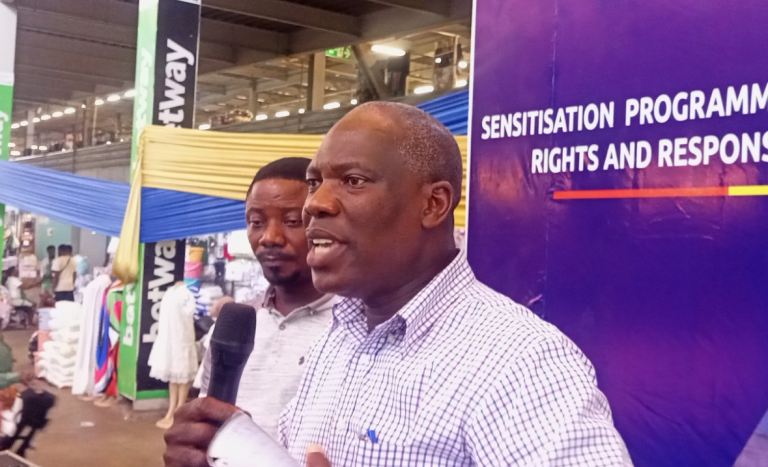The Head of the Bank of Ghana’s (BoG) Conduct Supervision Unit, Mr. Augustine Donkor, has reaffirmed that a person’s assets or bank account balance do not necessarily pass down to their heirs upon death.
He pointed out that it was untrue that the next of kins in Ghana believed they would automatically inherit their deceased loved one’s possessions or money.
In the event of an emergency or a blood relative inheriting someone’s estate in the absence of a will, the next of kin is notified.
At a workshop to review the National Financial Education Campaign’s implementation, Mr. Donkor addressed the media in Accra and clarified that, despite popular belief, the next of kin did not automatically acquire legal rights to the deceased account holder’s funds.
Participants in the workshop, which was arranged by the Ministry of Finance, included regulators from the Securities Exchange Commission (SEC), the Bank of Germany, and the Ministry of Finance.
The Government has been working with financial sector regulators to implement the National Financial Education campaign as part of the ongoing Ghana Financial Sector Development Project, with the goal of promoting financial inclusion and strengthening the financial capability of Ghanaians.
According to Mr. Donkor, the next of kin’s main responsibility in the banking industry is to help institutions get in touch with the account holder, particularly when the account is dormant or requires updates.
He said that legal procedures, such as wills or letters of administration, might decide who was entitled to the funds even in cases where a next of kin was named.
He said that when an account goes dormant, financial institutions are required by law to follow certain procedures, and in those situations, efforts are made to get in touch with the account holder.
If that didn’t work, he said, the organization would try to get in touch with the next of kin to help with communication. But, he added, access to funds was subject to legal review, so the account holder’s wishes would be followed.
Speaking about consumer protection and financial literacy, Mr. Donkor emphasized the vital role that consumers played in the financial industry and the fact that financial education was a component of consumer protection policies that gave people the power to make wise decisions.
He stated that the Central Bank acknowledged the significance of dispelling myths regarding financial issues, such as misinterpreting the functions of various organizations and the channels open for resolving complaints.
In addition to reiterating the BoG’s commitment to fostering an informed and self-assured public regarding financial matters, Mr. Donkor emphasized the significance of precise information regarding next of kin in supporting strong financial ecosystems.
The goal of the National Financial Education campaign, according to Madam Patience Arko-Boham, Head of the Pensions and Insurance Unit, Ministry of Finance, is to prepare financial service users for their particular socioeconomic and environmental circumstances.

